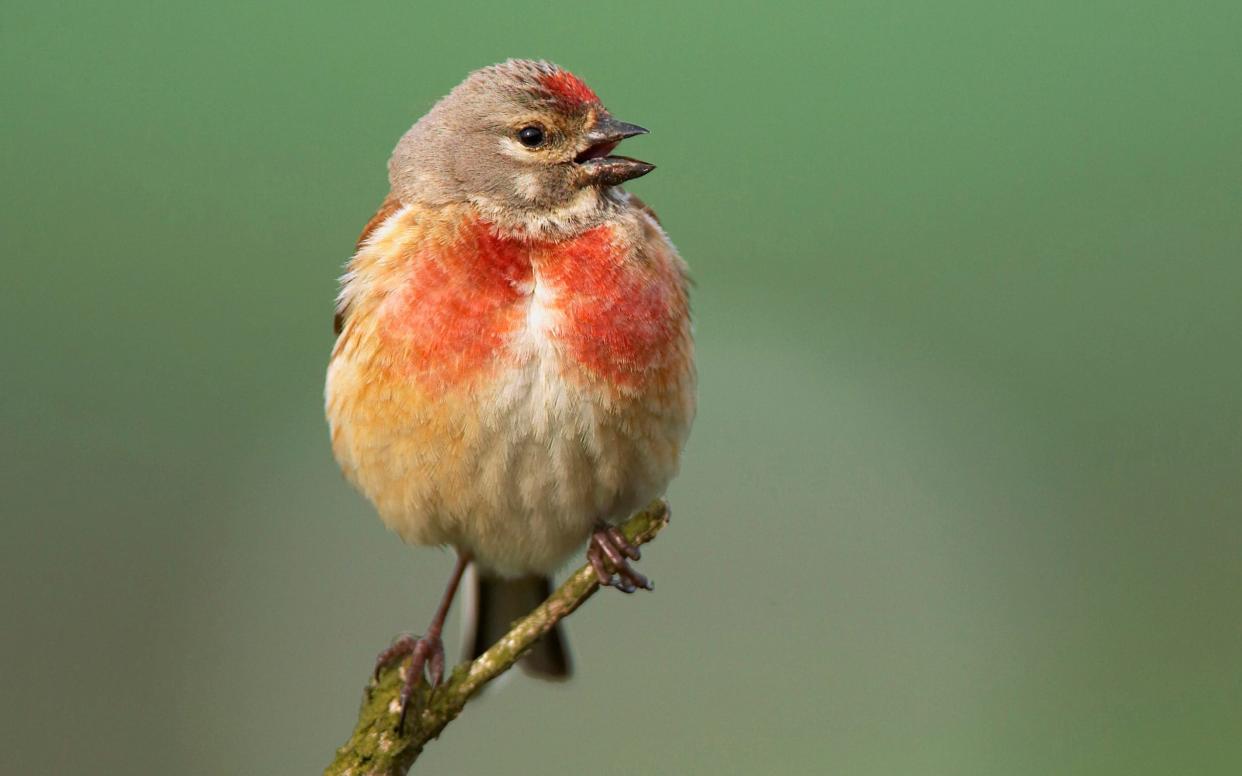Britain's rarest birds are being put at risk by Natural England decision to revoke shooting licences, farmers warn

Britain's rarest birds are being put at risk after Natural England's decision to revoke shooting licenses, farmers have said.
They have argued that the decision to make shooting pest birds including magpies and crows without an individual license unlawful means that conservationists will no longer be able to protect the nests of songbirds from being plundered.
Landowners have argued that this has come at the worst time of year, as it is when birds are beginning to lay their eggs, and those taking care of the rare species have had no time to prepare or apply for new individual licenses.
Chris Packham has been the subject of anger for many farmers and rural organisations, as it was his organisation Wild Justice which forced Natural England to revoke the general licenses.
On Thursday, his house was targeted by angry protesters, who left dead crows tied to his gate. He tweeted that he had informed Hampshire Police, who are investigating.
However, the decision has not just been criticised by farmers and gamekeepers - conservationists have also spoken out against it.
Curlews, a shy grassland bird with a distinctive long bill, are steeply in decline and are endangered in the UK. In some part of the British Isles, their numbers have declined by 90 per cent in the last 20 years.

Curlew conservationist Mary Colwell said that the license being revoked puts them in even graver danger of extinction.
She told The Telegraph: "You couldn't have chosen a worse time to revoke the general license than this week really.
"We completely welcome a general license review, it needs tightening and more rigour, but to time it with the peak start of laying is really terrible. It's caught us all by surprise.
"Crows eat both the eggs and the young of curlews. Their eggs are quite large so they don't take them away but they intimidate the birds off the nest, smash the eggs up and eat them in situ.
"If we had time to prepare, people could have applied for individual licenses, no one would have minded if it happened at a different time of year.
"Curlews don't often re lay if they lose a clutch. So we have lost a season and that's bad news for birds in such trouble."

Peter Hall, who runs Target Farm in Marden, Kent, grows cereals and fruit in fields fringed by hedgerows. These house some of Britain's rarest birds - yellowhammers and linnets, which are dangerously in decline and listed as "red" by the RSPB.
He said: "Had this happened in December it would have been fine - we would have applied for individual licences, but 36 hours warning at this critical time of year is not a great deal for all the landowners throughout the countryside.
"While oncee we only had a pair of yellowhammers on the farm, we recorded 196 in one site in the course of the 12 months. There are flocks of linnets, thousands of linnets. We are looking after these birds right through the winter, we provide a lot of hedgerow for them to nest in through the summer.
"It's depressing, we're not into slaughtering or the extermination of anything, but in our particular case we control our magpies using traps which was absolutely legal until today. We did this annually for a scant two months.
"This gives songbirds the chance to have one uninterrupted clutch without it being plundered by the magpies.

"That is why we have so many songbirds now. Wintertime, as many magpies as you like, I couldn't care less. During this critical nesting period we do need to be able to trap them."
Tim Palmer, the Chairman, Martin Down Farmer Cluster, based in Salisbury, takes care of rare turtle doves on his land. He said in a letter to The Telegraph: "The decision by Natural England to revoke General Licences to control certain pest bird species such as Crow and Magpie with immediate effect comes at a time of year calculated to do maximum damage to the prospects of a number of endangered species whose nests these predators attack. In my own case, I chair a group of farmers who surround the National Nature Reserve at Martin Down, Hampshire, with one of the last remaining breeding populations of Turtle Dove in the country.
"In pandering to 'Wild Justice' in this way, in the middle of the breeding season, Natural England has not only damaged the Turtle Doves' chances of survival but has also damaged, perhaps seriously, the trust that we had been building in recent years."

 Yahoo News
Yahoo News 
